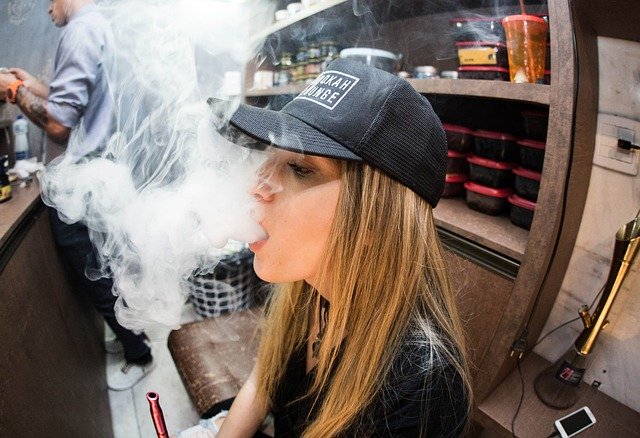Maryland Senate Bill Would Prohibit Flavored Vaping
Maryland’s dwindling community of smokers can only watch and wait as lawmakers consider another bill that will impose yet more restrictions on their habit. Some see it as a wise, even an inevitable, step in promoting better health by discouraging smoking. Others say it is just another restriction on civil liberties aimed at a soft target that has already been victimized to the extreme.
In the current political atmosphere, these are questions and viewpoints that need to be taken seriously. So just what is the new bill all about, and why is it creating so much controversy?
Flavors will go after 410
Senate Bill 410 was introduced back in January and was sponsored by Senators Benjamin Kramer, James Rosapepe and Christopher West. It is currently awaiting scrutiny by the Senate Finance Committee. The bill covers “any and all vaping devices” that contain any flavors other than tobacco.
Crucially, this includes menthol, which has long been a popular variety of smoke, both in conventional cigarettes and for vaping. Senator Kramer said there is “too fine a line” between mint and menthol, and claims the bill came about as a result of parents “on the phone in tears” about their teenage children getting hooked on tobacco.
Mixed messages?
The bill comes on the back of some other hefty legislation against smokers. First Maryland increased the legal age for purchasing tobacco or vaping products from 18 to 21. Next, disposable flavored e-cigarettes were banned. This new piece of legislation, however, is likely to prove more controversial than those that have come before.
Menthol cigarettes have been banned in many countries of the world, including across the European Union, and the move has stirred lively debate. However, they are still permitted in the US. Vaping, meanwhile, has exploded in popularity, and millions of smokers have switched to vaping. This is generally accepted as a positive step by health professionals. There is now a massive vaping industry, with international businesses selling a wide range of vaporizers and related products.
However, if this bill goes through, we will be in a strange situation where those who prefer menthol will have no choice but to return to smoking cigarettes.
Who smokes menthol?
There are even deeper social considerations in play than perceived victimization of smokers, however. Research shows that menthol flavors in cigarettes and vaping products are favored by very specific demographics. These include African Americans, women, and most notably of all, those who identify as LGBT. In fact, research by the CDC found that LGBT Americans are twice as likely to smoke menthol as those who identify as straight.
There is also evidence that menthol cigarettes are preferred by juvenile smokers. However, most youngsters smoke or vape as an act of rebellion, so the idea that outlawing menthol will have a material impact is something of a stretch.
Given the other factors in play and the political atmosphere across the whole United States, this bill could be deemed to carry greater risk than reward.

